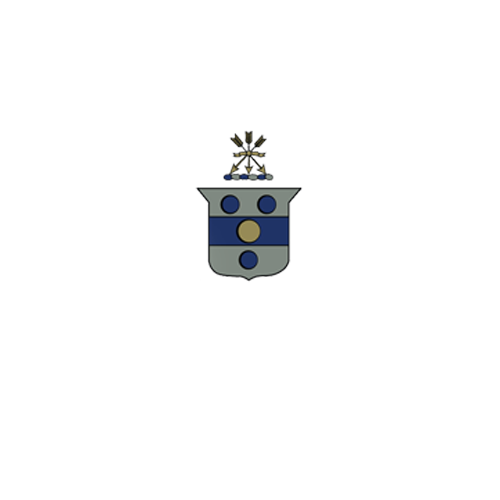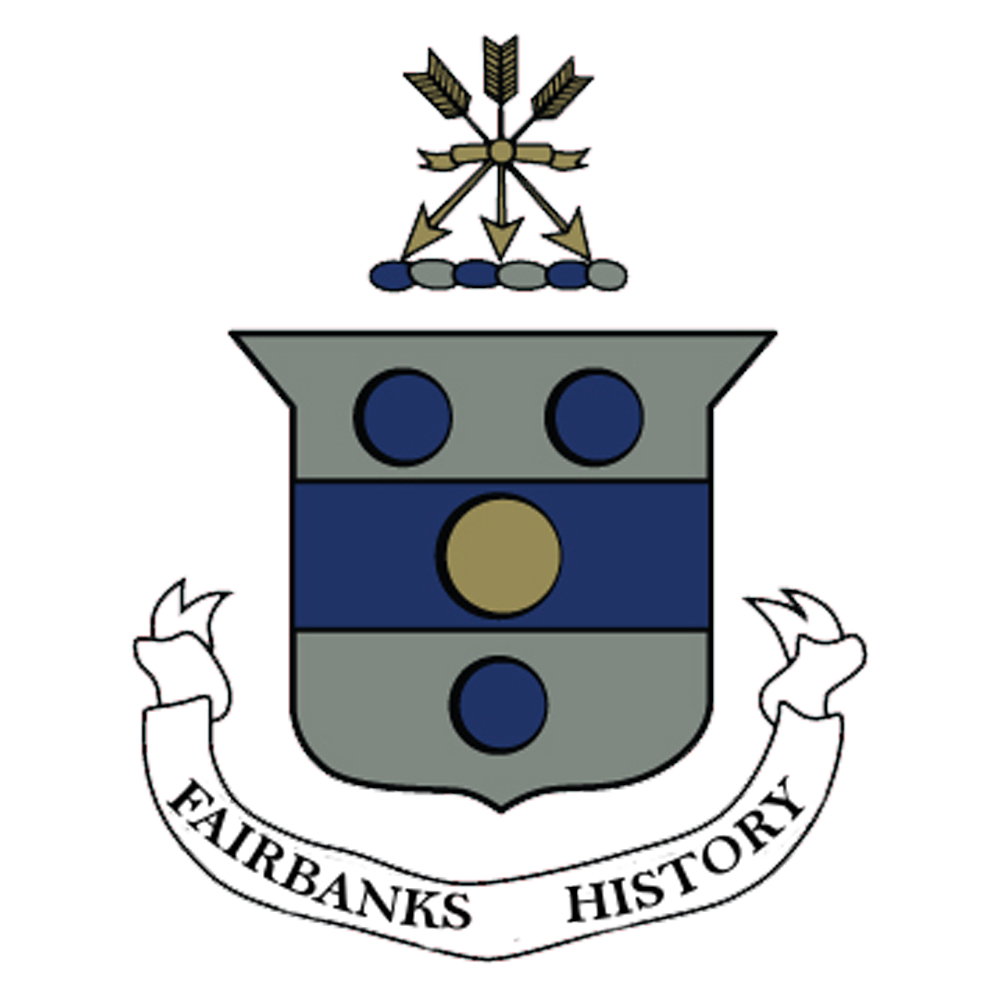New Years and Old Superstitions in Early Colonial New England
Changing of the New Year
Although the original Fairbanks did not experience a New Year beginning on January 1st, they experienced an extension of Christmas. The twelve days of Christmas ended on the Twelfth Night or January 5/6, known as Epiphany, when the three Magi visited, baby Jesus, as the first gentiles to be introduced to the spiritual King. Many of the New Years superstitions and traditions remained similar to those of Christmas or the Twelfth Night.
The Fairbanks and Prescott families observed the beginning of their new year on March 25th. It was a fitting time for the colonials to start their new year, because it was the beginning of a new planting season. Much of their life revolved around the crops that helped to sustain them.
These two dates for the beginning of the year, January 1 and March 25, are the reason why the records from the Colonial period, until 1687, have two year designations for the months between January 1st and March 25th. For example, if a baby was born February 6, its birthday would be designated February 6, 1636/1637. The first year designates observance of a new year beginning March 25th. The
second date designates observance of a year beginning on January 1st.
Yes, this is complicated, until you get used to it. For the blogs, I use the two year designations so there is no confusion about which year an event happened. All the early Dedham and Lancaster town records have the two year designations.
Could this be why 1636 is on the chimney of The Fairbanks House when the dendrochronology of the summer beam of The Fairbanks Houses is dated as 1637. Perhaps the tree for this structure was felled between January 1 and March 25, 1636/37. When the calendar changed the date would have changed to the year of 1637.
New Year, Superstitions, and Traditions
It is a bit confusing whether these traditions were actually observed on the Twelfth Night and then attributed to the New Year when it changed to January 1st. The start of the new year changed several times in history. This author’s believes that these traditions and superstitions were observed shortly after Christmas and not on March 25th.
A general depiction of New Years of the late 16th Century is found in a poem. Although it is said to be “Popish” or of Catholic tradition, it does explain many of the traditions of the New Year celebrations.
The Poem titled Naogeorgus , was published in 1570 and later translated by Barnabe Googe.
First to Enter the House
The first person to enter the threshold of a house on New Year’s Day was called the "lucky bird.” If that was a male with dark hair, the household was lucky indeed. They would expect good fortune through the next year. Sometimes it was contrived so a particular person with that description came to every door. If another of different gender or coloring came, they would not be allowed in. A dark haired male might exit a home just to be the first to enter it again to assure luck for the next year..
New Year’s Gifts
In some towns, a shop keeper presented their customers with candles, nutmegs, spices, etc. on New Years Day as a sign of good will. This was similar to the giving of wassail and pudding on Christmas. In fact, New Years wassail was taken from door to door to share as a token of good health.
The provider of the ale made of apples, nutmeg, and sugar would say “Wacht heil” and the receivers would say “Drinc Heil.” The words Wacht Heil meant “be in health.”
In other settings, a Wassel bowl or goblet was passed around the crowd gathered at the hearth. The same greetings was exchanged.
Fire
The January New Year came within the Christmas and Twelfth Night season. When the date of the new year changed from March to January 1st, many traditions and superstitions of Twelfth Night remained part of the new holiday.
Like Christmas Day, no fire was to be given out from a home, not even to light a cigar. If fire was allowed to be taken from the home on that day, a death in the household would occur before the expiration of the year.
Similarly, nothing should be taken out of the house before something was brought into the home. The size of the item made no difference, just the act of when it crossed the threshold.
Take out, then take in,
Bad luck will begin:
Take in, then take out,
Good Luck comes about.
Weather Predictions
One such prediction caused an early morning look into the sky for dusky red clouds. They were the omen of strife and debates and robberies during the year.
Again at night a watch was made of the weather conditions. “The wind of the south will produce heat and fertility; the wind of the west milk and fish; the wind of the north cold and storm; the wind from the east fruit on the trees."
Crop Yield
“Apple howling” was practiced by a group of young boys on New Year’s Eve. They chanted:
Summary
A general concept of a New Year is the putting behind any troubles of the past, so we can start a new year with hopes of good fortune and re-established relationships. Although the Fairbanks and Prescott families no doubt arrived in New England in a more temperate season of the year, they too were leaving behind their problems of the past. Particularly: religious unrest and persecution, heavy taxes, an economy that elevated the wealthy and made the middling the poor and the poor the beggars, diminishing land and occupation opportunities, dwindling natural resources and food sources due to over use and weather conditions, and continual war that was conscripting men against their will. The Fairbanks and Prescott families were leaving their old country and lives behind in hopes of starting a new life in the Massachusetts Bay Colony.
Like us, they did not know what their choices would ask of them in the new year, but they were willing to give up the old to try for a better future.
May this New Year bring you many blessings and fortunes as you put away the past and enter into your future.
Resources
YORKSHIRE FOLK-TALK written in 1892 by the Rev. M.C.F. Morris B.C.L., M.A.
One of the best resources I have found on Northern English Traditions and Superstitions, The Project Gutenberg EBook of Traditions, Superstitions and Folk-lore, by Charles Hardwickis.
Up Next
Love in the Seventeenth Century










